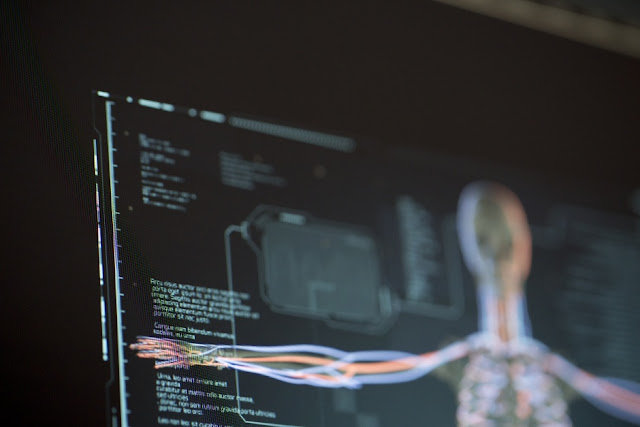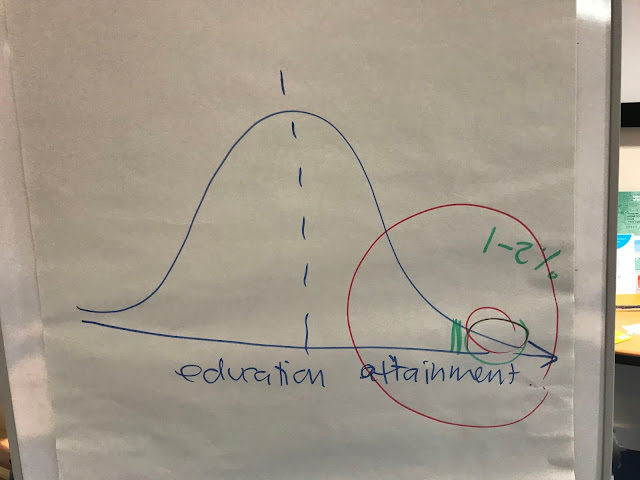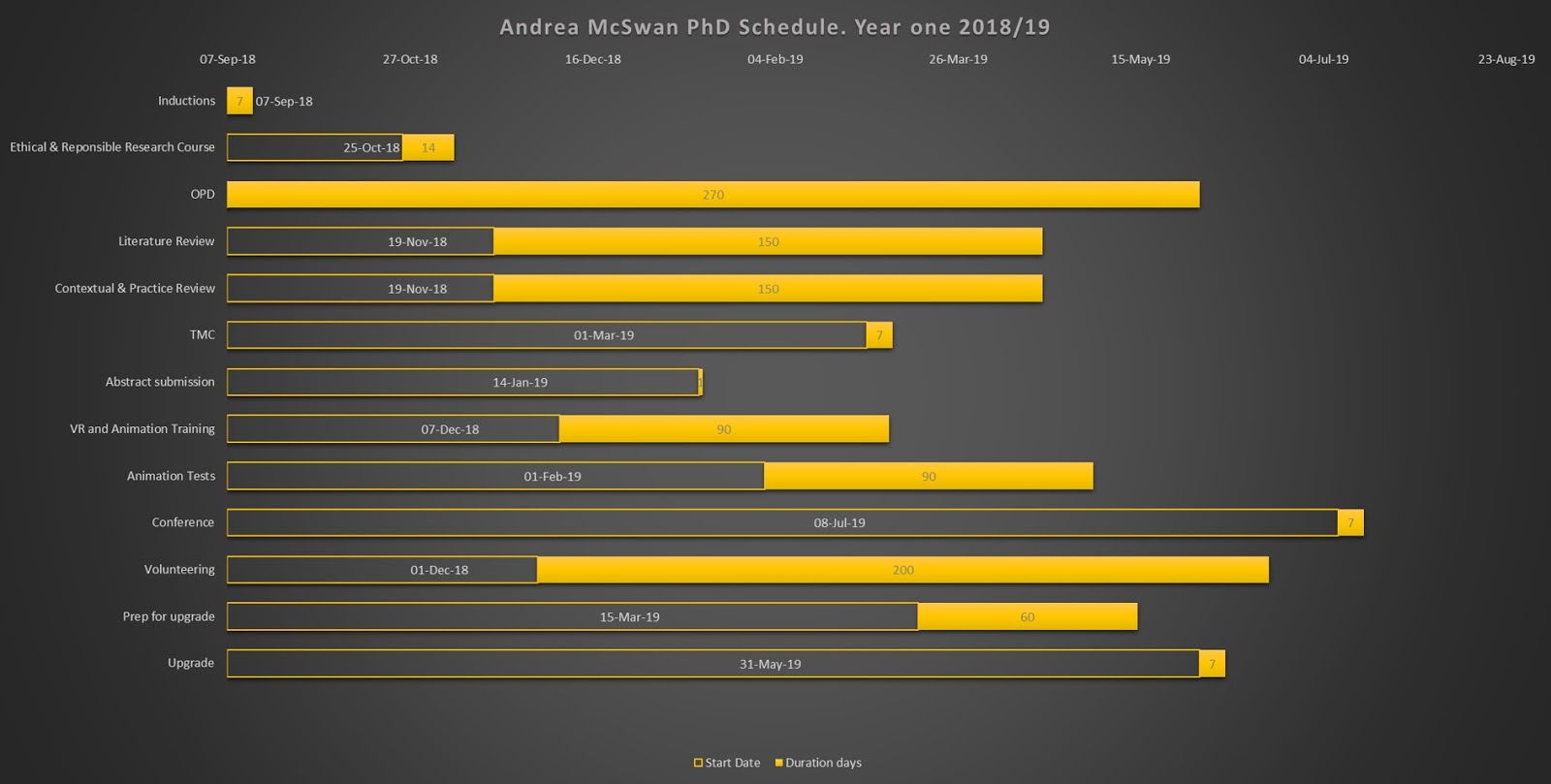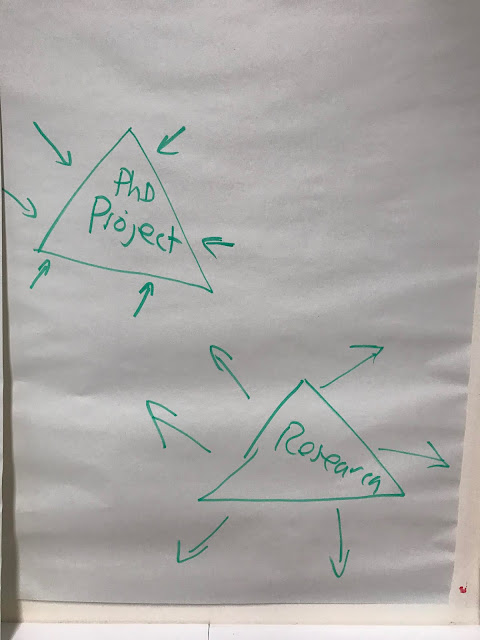Keywords & terms: utlising Thesaurus, Synonyms and Blind, Blindness, Visual Impairment, Low-level function vision, visual, sight-loss, seeing, eye-sight, viewing, sensory, optical, perceptive, look, sight, beholder, sightless, imagine, vision, watch, observe, unseen, ocular, unobserved, visualisation, imaginary, simulate, myopia, amaurosis, cataracts, presbyopia, purblindness, anopsia, typhlosis, darkness, Sight, appearance, eye, vision, after-image, apperception, field of vision, range of vision, perception, Blind, dark, unsighted, amaurotic, blind as a bat, destitute of vision, eyeless, in darkness, unseeing, visionless. Assistive technology, activities for daily living (ADL), assistive technology (smartphone apps to detect colour, paper currency denominations, navigational assistance, text magnification), differently-abled, enabling technology, haptics















